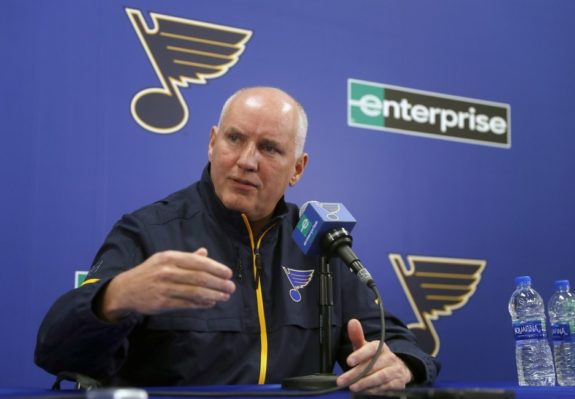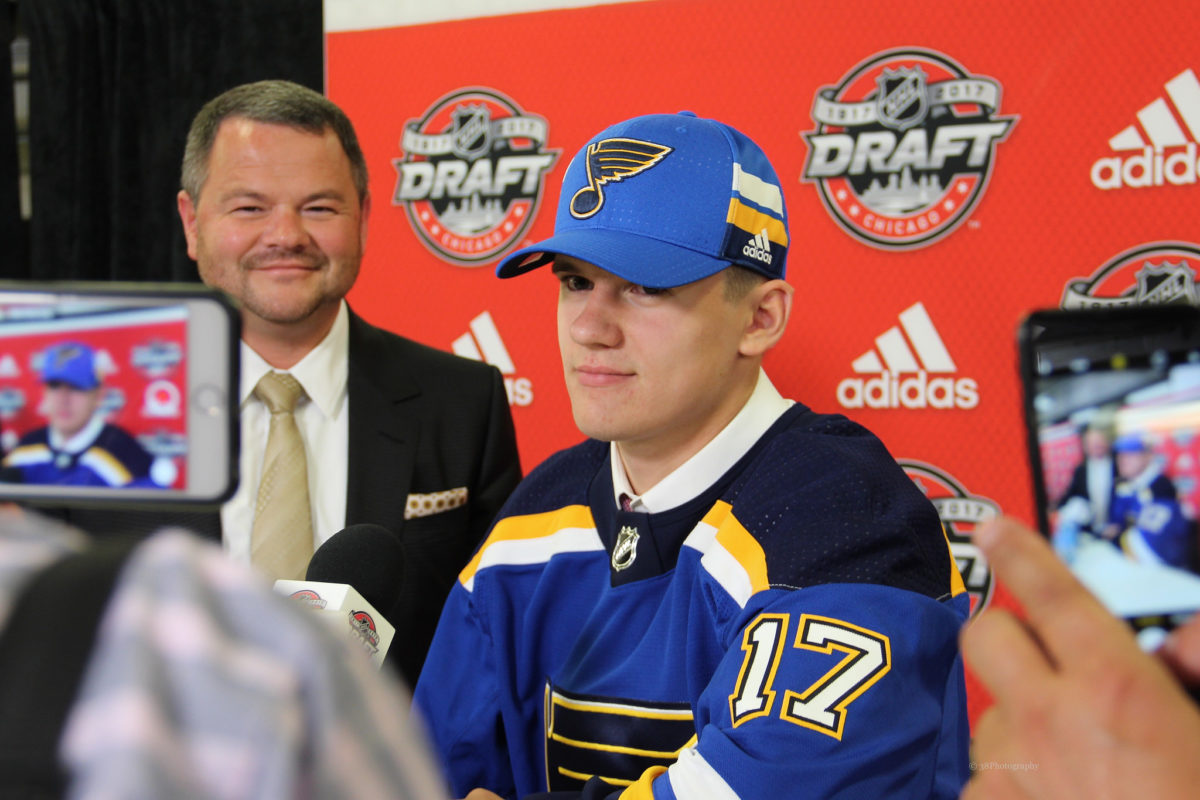With the hectic nature and potential volatility of the 2020-21 season fast approaching, the NHL has already instituted some key new rules to alleviate potential coronavirus effects on rosters and limit the long and short-term potential damage to team line ups.
The reintroduction of the Taxi Squad to NHL rosters for the 2020-21 season may not affect every team but will surely be useful. The last thing the league and its teams want is to run into a similar situation like the NFL has where a team is forced to play without its “quarterbacks.”
The Taxi Squad, in essence, is simple enough. A group of four to six minor league skaters and one goalie will travel with the big club, practicing and operating under the same guidelines and protocols. The players will be essentially AHL roster players, being paid the AHL wage and requiring all the AHL formalities of being called up or sent down (waivers, etc.), but will have the NHL experience of traveling with the team.
The Taxi Squad could play an important role in keeping a stable of players you trust to enter the lineup at any moment should any injury (Covid or otherwise) arise. This runs especially true for the St. Louis Blues.
With the Blues playing in the West Division this upcoming year, they will find themselves on the coast or in Nevada for a considerable amount of time and having a group of players ready to step in will be important. It will be even more difficult for AHL players from the Blues’ new AHL affiliate Springfield Thunderbirds (in Springfield, Massachusetts), to find their way to the club on short notice. That’s without considering how testing protocols for entering the team could look. Keeping more players in your bubble will pay dividends eventually.
What Type of Player Do You Take With You?
The next big question to address is what exact type of player you want to keep with you on the Taxi Squad? While the players who make up the group will be practicing with the team, they will be missing out on valuable in-game development time. It would seem unwise to have players you wish to see develop and grow in substantial ways, not get live minutes.
The most ideal choice seems to be keeping veteran players or those who have already reached their ceiling in development, who know how to step-in in a pinch and add to the roster immediately. Though due to the nature of calling players up, and having to send players through waivers to ‘demote’ them, the Taxi Squad for the Blues will most likely be players who provide the insurance coverage to the team and not necessarily the best players in the organization for the roll.
Additionally, there is technically nothing stopping a team from calling a player up from the AHL roster directly and by-passing the Taxi Squad altogether. So, when time may allow, a player with game minutes and/or a higher priority prospect may be the player to look to. Travel, though, can become a big issue here.

There is also no real benefit to taking potentially valuable players on your roster and placing them on the Taxi Squad. In that situation, the thinking would be to save some cap space by getting players off the roster. Going the other direction (NHL to AHL) though would require them to clear waivers…a risky transaction UNLESS those players are waiver exempt, which none of the Blues current roster players are.
Though there is no harm to moving minor leaguers in and out of the squad and considering the AHL will not begin for at least another month after the NHL drops the puck, there may be value in taking whichever players you most want in training and keep them with the big club until games start in Springfield.
It’s hard to know which way each franchise will use their Taxi Squad. It really depends on how the organization’s system of players is organized. The Blues are relatively set with their lineup. With 14 forwards, six defensemen, and two goalies on the roster all fairly determined in their roles, the up and down between Springfield would likely be limited to injury replacements. Some other teams may find their roster more fluid and will look to have a more rotationally functional roster.
The Most Likely Candidates
To start the likely candidates’ list, the apparent third man between the pipes is former Calgary Flames goalie and recent Blues signee Jon Gillies. The 75th pick in the 2012 Draft, Gillies has been a mainstay for the Flames’ AHL affiliate Stockton Heat, but now may be called upon to become the St. Louis club’s emergency back-up.
The four to six skaters the club will carry is less clear. Waiver-exempt players have the flexibility to be called up and send down freely which would seem a valuable factor. For this reason, those players would be most likely to fill out the Taxi Squad.
For forwards, Klim Kosten, the Blues’ first pick from the 2017 Draft, may be a guy they want to keep near the organization. However, he is currently on loan to the KHL’s Avangard Omsk, where he has already played 21 games this season.

Austin Poganski is also a player who may find himself in the Taxi Squad conversation. The University of North Dakota grad is in only his third season with the Blues, but at age 24 is already in advanced age for a prospect and could provide a more adult body and physical presence on the Taxi Squad. Both players are waiver exempt.
Similarly, Curtis McKenzie and Sam Anas are players with extensive professional careers. They are now in their late twenties and may serve well as guys looking to get the big club’s attention in an up-close and personal way. That being said, neither player is waiver exempt, so while they may be the best options, calling them up would complicate the long-term vision of their time with the Blues.
On the blue line, Tyler Tucker, Niko Mikkola, and Scott Perunovich are the only defencemen not on the active roster with waiver exemptions. The concern that arises is that all three could benefit greatly from active participation in AHL games, and not playing live minutes could jeopardize their development.

Tucker, the youngest of the group, has only played two games in the AHL in 2018-19 before returning to the OHL for the next two seasons. Mikkola is coming off his second year in the AHL, where he played 48 games in addition to a five-game stint with the Blues. Perunovich is a second-round pick out of the University of Minnesota-Duluth in 2018, looking to make his pro debut.
On-the-Fly Decision Making
The Blues brain trust will have some very interesting and difficult decisions to make. There are no clear defensemen to add to the Taxi Squad though some candidates would make for interesting stories. With the reported addition of Mike Hoffman to the NHL roster and Vladimir Tarasenko’s injury situation, some big-league players’ roles may be in flux. With all of this being considered, some unique roster manipulation may be in order.
Blues’ general manager Doug Armstrong may be called upon to make a hard and/or risky decision related to putting a player through waivers to maximize the roster’s potential. That may manifest itself in the use of the Taxi Squad in a more liberal way.